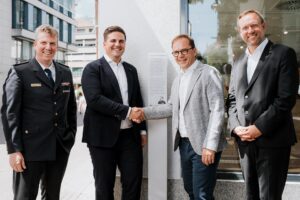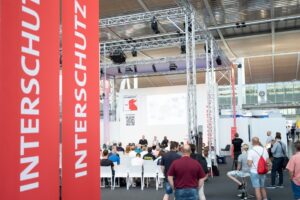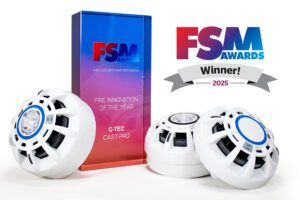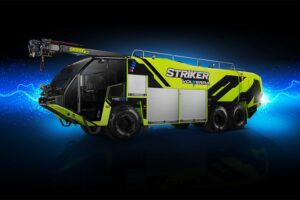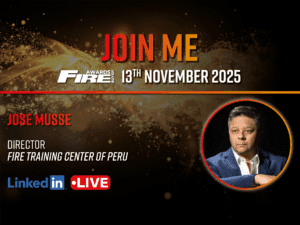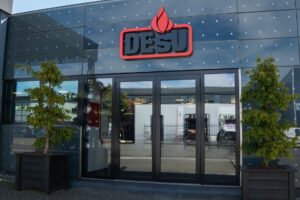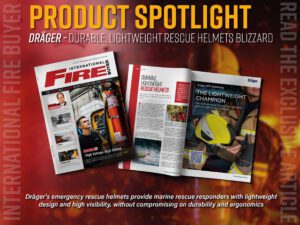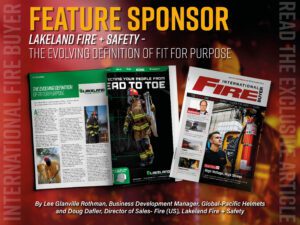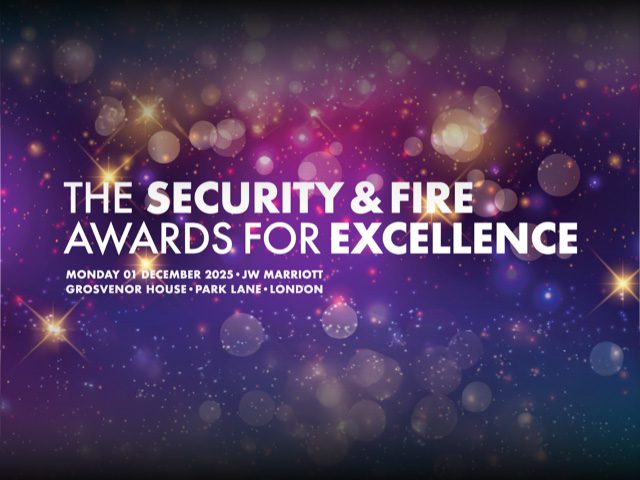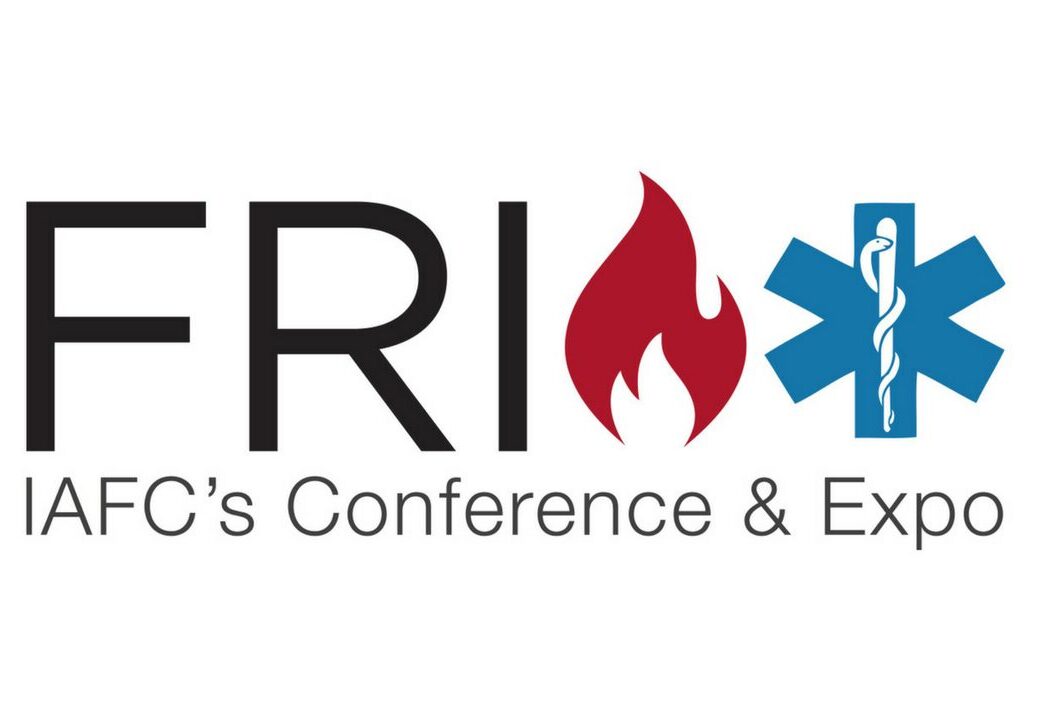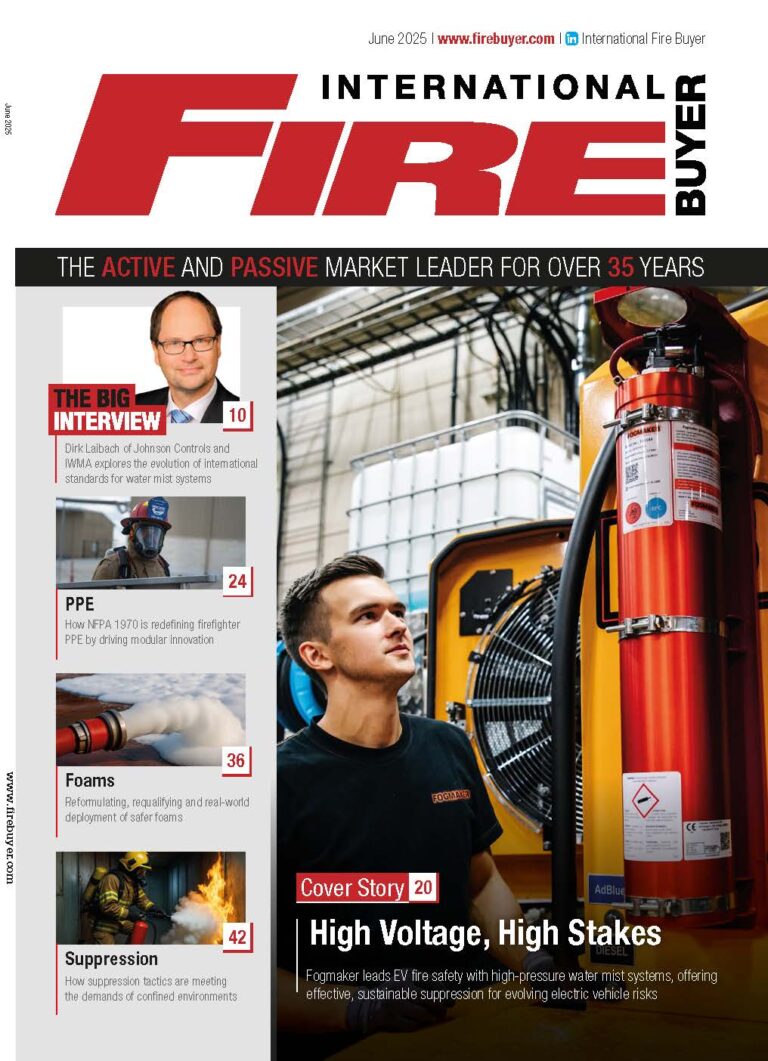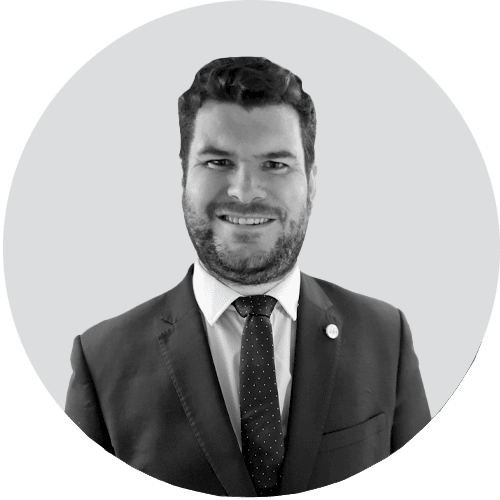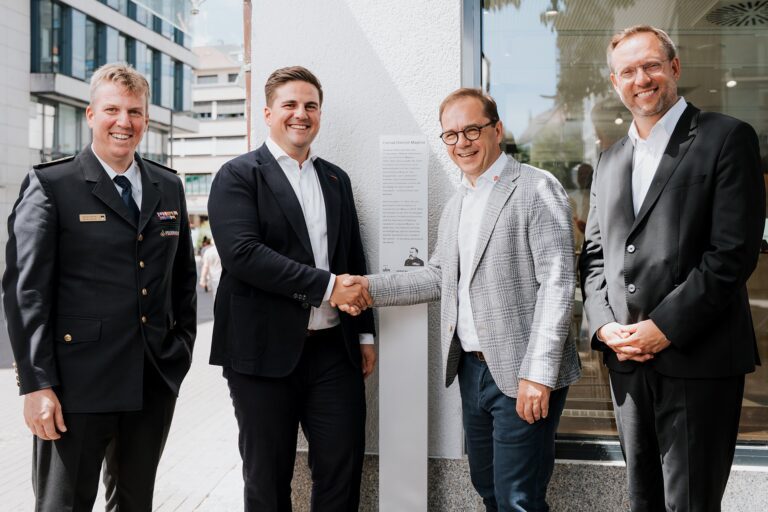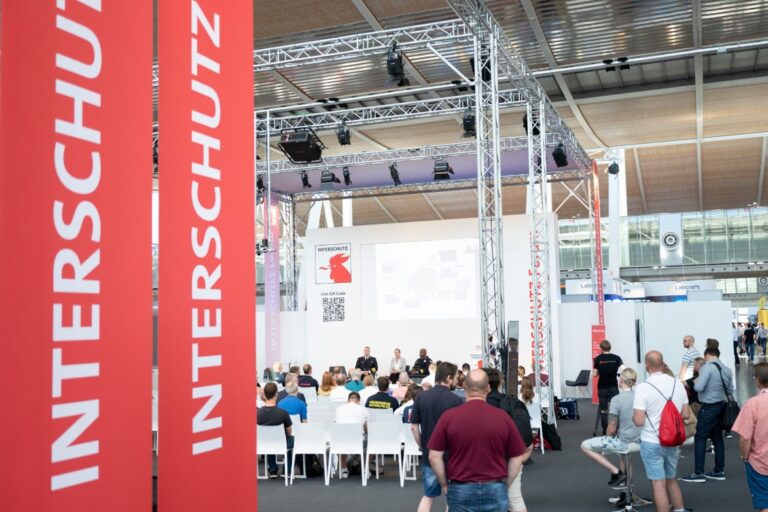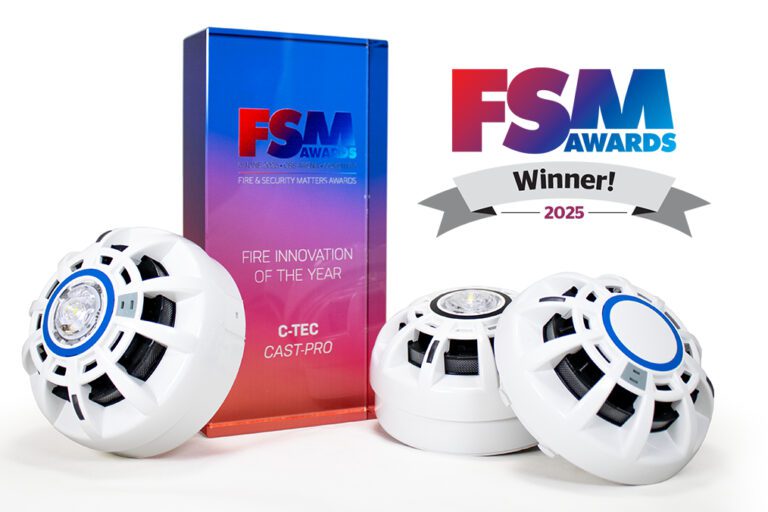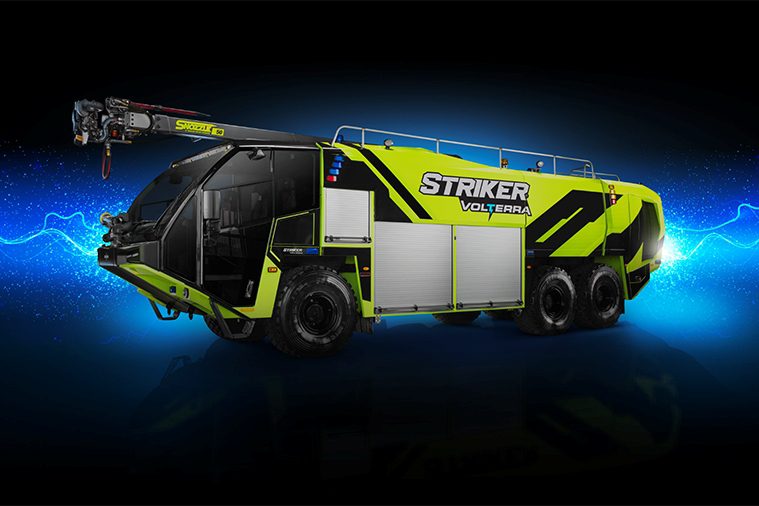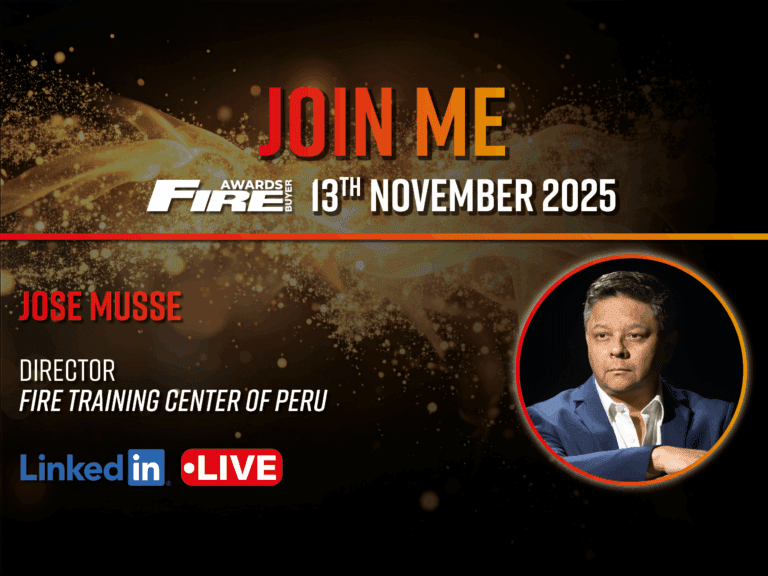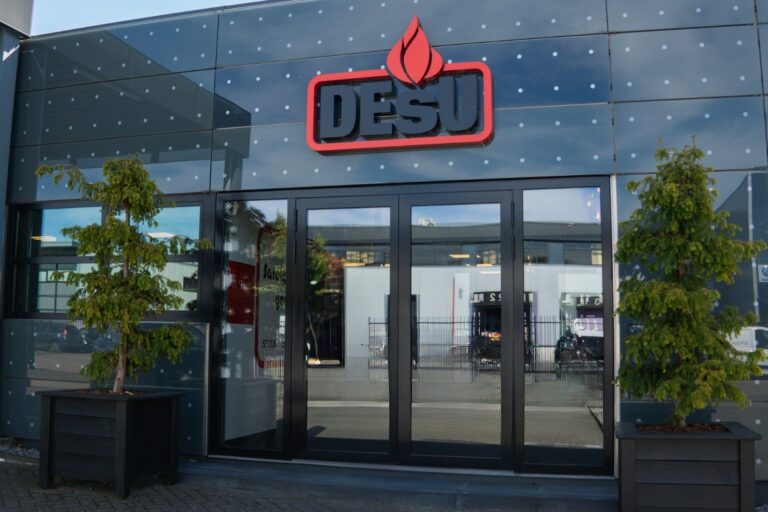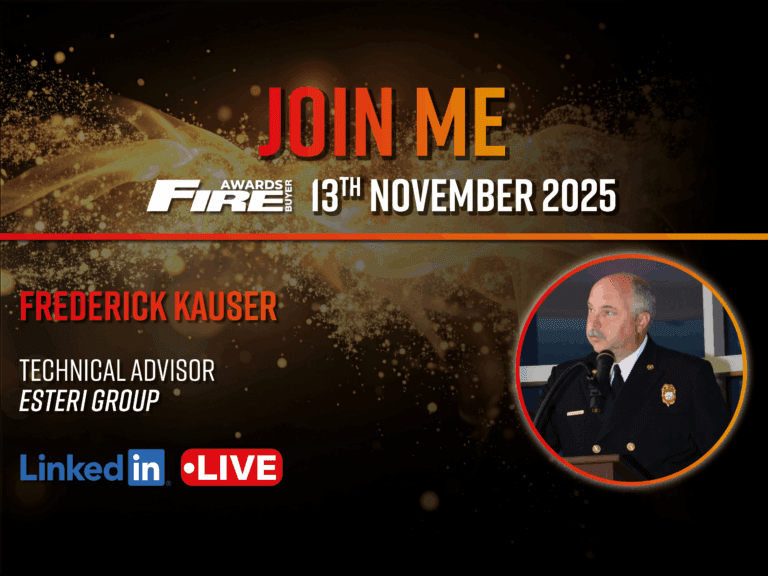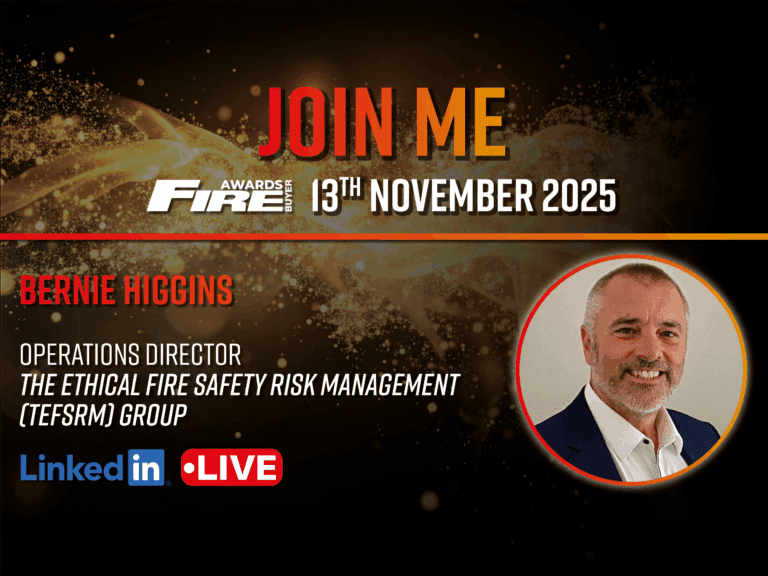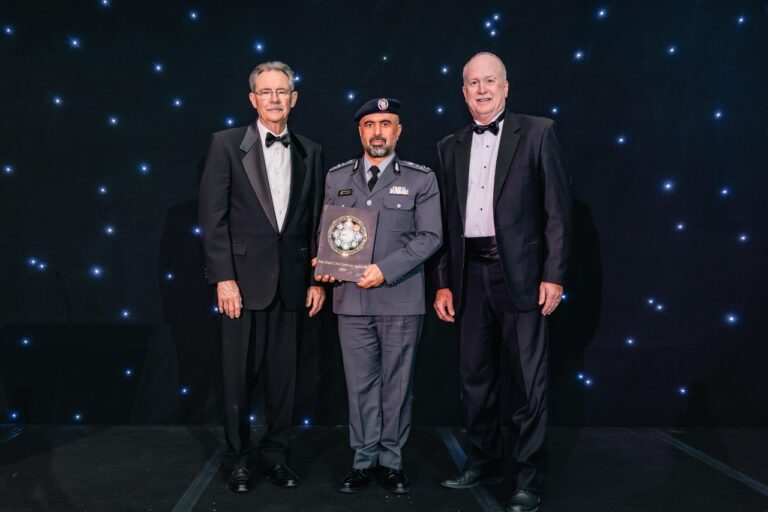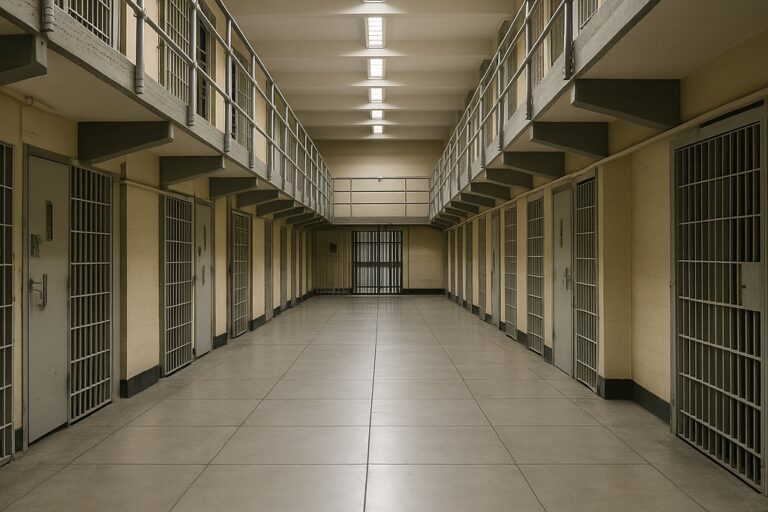In the wake of the company’s 150th anniversary celebrations, International Fire Buyer speaks to Antonio Benedetti, CEO of Magrirus, about the event and the company’s future
How long have you been with Magirus and CNH Industrial – what is your background?
I joined Magirus and CNH Industrial in May 2011. Before that I spent 12 years at Fiat Group Automobiles. In those 12 years I had different roles with increasing responsibilities, always on international businesses and with International experiences; for example I spent two years in Istanbul as Deputy CFO and Head of Business Development. Later on, after one year in Fiat Powertrain Technologies, I decided to join Archimica Group Holding BV, one of the major players in the fine chemical world with Head Quarter in Amsterdam. A completely different and very interesting world, from mechanics to APIs. I was the Group CFO, one of the MD of the Dutch Holding and the CEO of the Italian division. The company was owned by the Private Equity Fund Towerbrook – named after Tower Bridge in London and Brooklyn Bridge in New York. After that turnaround experience I was ready for something new and I didn´t hesitate to come to lead the fire-fighting division of Iveco (Iveco Magirus at that time) when has been asked me.
Last year you rebranded from Iveco Magirus to just Magirus. What was the reason for doing that?
First of all we are body-builders. Our spirit is in that area – we work on the chassis and build the superstructure. We aren’t chassis makers, even though Magirus did it in the past and also belonged to a group that builds them, which is Iveco. Magirus has always been a fire-fighting company since it was founded in 1864. The company’s tradition was to create the best fire vehicles in their class, and we wanted to go back to those roots without creating any confusion between chassis builders and ourselves. We went back to tradition and also considered the fact that Magirus is renowned for quality and innovative products.
We definitely saw some of that with the launch of the new products at your 150th anniversary celebrations in June.
The idea of going back to the Magirus brand was not an isolated one. It was just part of the equation and the long term plan we set in 2011 – everything has a reason. The change of the brand and its development has to be backed up by a significant change in the products we offer, including the opening of our Excellence Centre in Ulm. We decided in 2011 that this would be the way we would approach it, but we had to come to a point in which the change was tangible. We decided to apply the unveiling of the new Magirus logo to the opening of the new Excellence Centre. The Excellence Centre offers something unique to our customers, as we put everything together in the same facility. People are all connected on the same system – an engineer working on a new project can go into the prototype factory or the engineering room and talk to other functions and to people from other departments. It’s fully integrated.
Quality is the most important thing for us. This was the main reason we did all this; not only to provide innovation, but a fully integrated system providing a high-quality finished product. This happens because we can change, for example, the structure of the vehicle in real-time. If a supplier sends across the wrong component with a drawing mistake , for example, we can be faster in reaction because we have engineering, purchasing, logistics and manufacturing all working together.
Where are the company’s strongest markets and where are you looking to expand into?
Europe plays a very important role for the company, definitely. But we are expanding in any direction, we are receiving more and more orders from fast-growing markets, which in several cases are fully mature economies by now. In terms of exact areas, we are looking at Asia-Pacific, and in particular China, and Africa and the Middle East. Certain countries in Africa are very strategic for us, as is Latin America, where we are increasingly strong.
At the open day in June we were displaying a fire vehicle for the Brazilian market, which represents the one of the largest tenders ever in terms of airport fire vehicles. They had to be produced in a very short amount of time because they were needed at the airports in time for the World Cup. This is the first example of integration at our engineering plant and our competence centre. The vehicle is being produced near Milan and was prototyped in Germany. Our engineering was integrated with our factory in Italy, where we have expertise in air-crash vehicles. It was a tremendous challenge for us, because the original winner of the tender were unable to produce the vehicle, so the Brazilian authorities came to us and we had to produce a highly specialised vehicle, which didn’t exist on the market already, in a very short space of time.
What will be the specific growth areas within the company?
I think all the areas of the market will see some growth. For example, the increasing number of high-rise buildings in the world is pushing Fire Departments across the world to focus on aerial platforms and ladders. I see a huge expansion potential in this area, as well in terms of more standard rescue vehicles and pumpers, because the increasing level of wealth is increasing the perception of risk; citizens want to be more protected and are quite sensitive, so politicians have to make sure this is addressed and provide fire engines to make the people feel safer, and this influences votes as well. I see a huge expansion in that area, although I see the local body-builders remaining dominant especially in strong economies.
Do you have other plans to diversify further and find other niches to expand into?
Magirus has a lot of markets into which we have never looked, but if we enter a new market it has to be done in the proper way. Our businesses isn’t just about providing a product to the customer, we have to maintain a good relationship with them afterwards to provide assistance and maintenance. If you consider the markets in Latin America or Asia-Pacific that we haven’t looked at yet, they are growing fast and will need fire engines. The expansion potential is huge.
What is the company’s five-year plan?
This is a very interesting question. CNH Industrial recently presented the group’s five-year plan, in fact. Magirus want to be the best fire-fighting company in the world. This doesn’t mean the biggest – we want to be recognised as the brand that provides the best equipment and the best service to our customers. There is a long way to go – the path to excellence is a long one. Our goal is clear: We want to be excellent.
What has been the biggest change for the company since you joined, and what will be the key challenges going forward?
The biggest change has definitely been the restructuring that we have done. We had to start, I won’t say from scratch, but we definitely had to implement a new mindset. We have to take an educational approach every day – waking up every morning, getting in and looking in the eyes of my team and making sure that every day represented a step forward. At the end of 2012, we lost various levels of know-how from the company, which we had to re-establish over time. This meant discovering a whole new way of working – new materials, new documentation to allow us to manufacture certain things, going from a hand-crafted approach to a methodical, machine approach that guarantees a high level of quality.
How do you see the industry changing in the future?
There will always be a space for the best-in-class products. Our customers invest a significant amount of money into ensuring the highest technology available. We produce our equipment mainly in Germany, which means our main goal has to be the highest level of efficiency. We have to ensure we provide a high level of both customer service and speed of turn-around. Today the number of fire engine body-builders is enormous and the market is very fragmented, but I think in the future there will be a consolidation in that. Customers will demand more quality and more assistance, and we will find our space there. Again, this will be based on quality, not quantity. This is something we try and get across in everything we do. It boils down to the change in mindset I mentioned earlier. If you don’t park your car in the right way in the morning, you won’t design the vehicles in the right way. We expect in ourselves to do things the right way. After the 150th anniversary event in June, we didn’t celebrate. We were happy that our visitors and the customers were happy. For us, the biggest success was seeing the visitors happy. The day after, we were straight back to work to get the next stage of the plan in motion.

